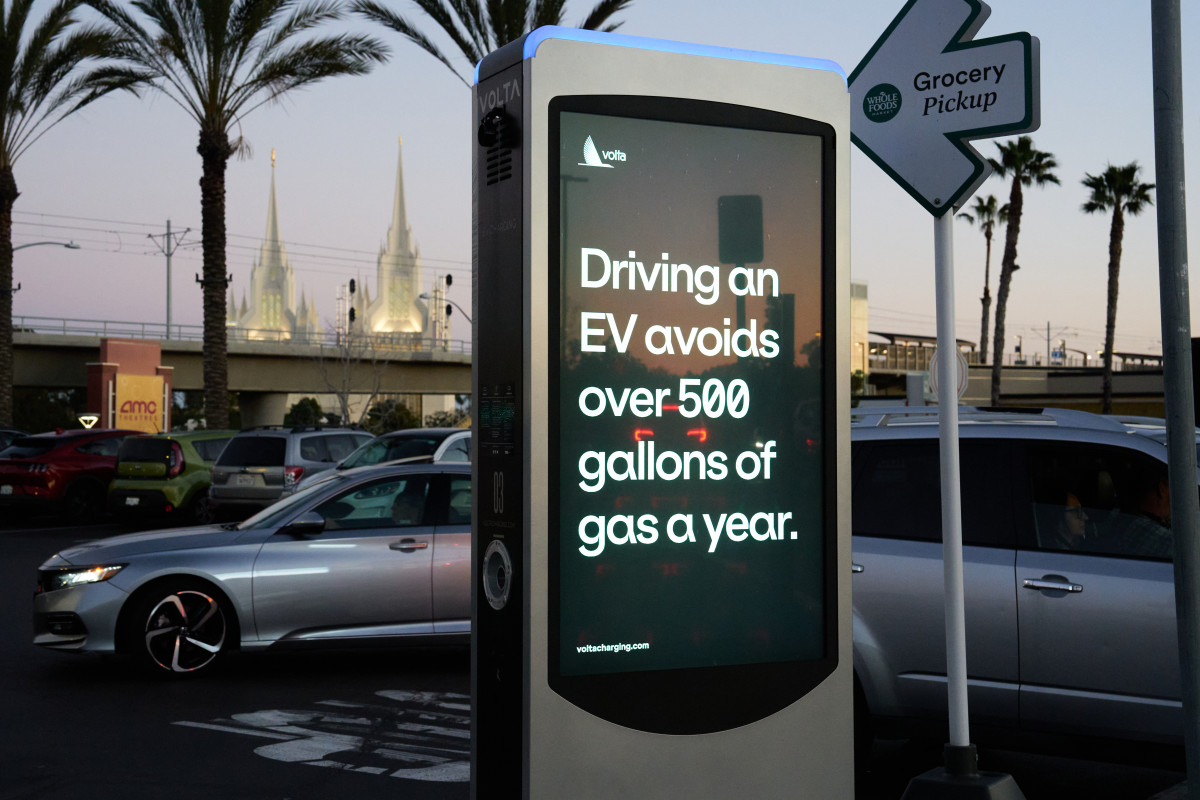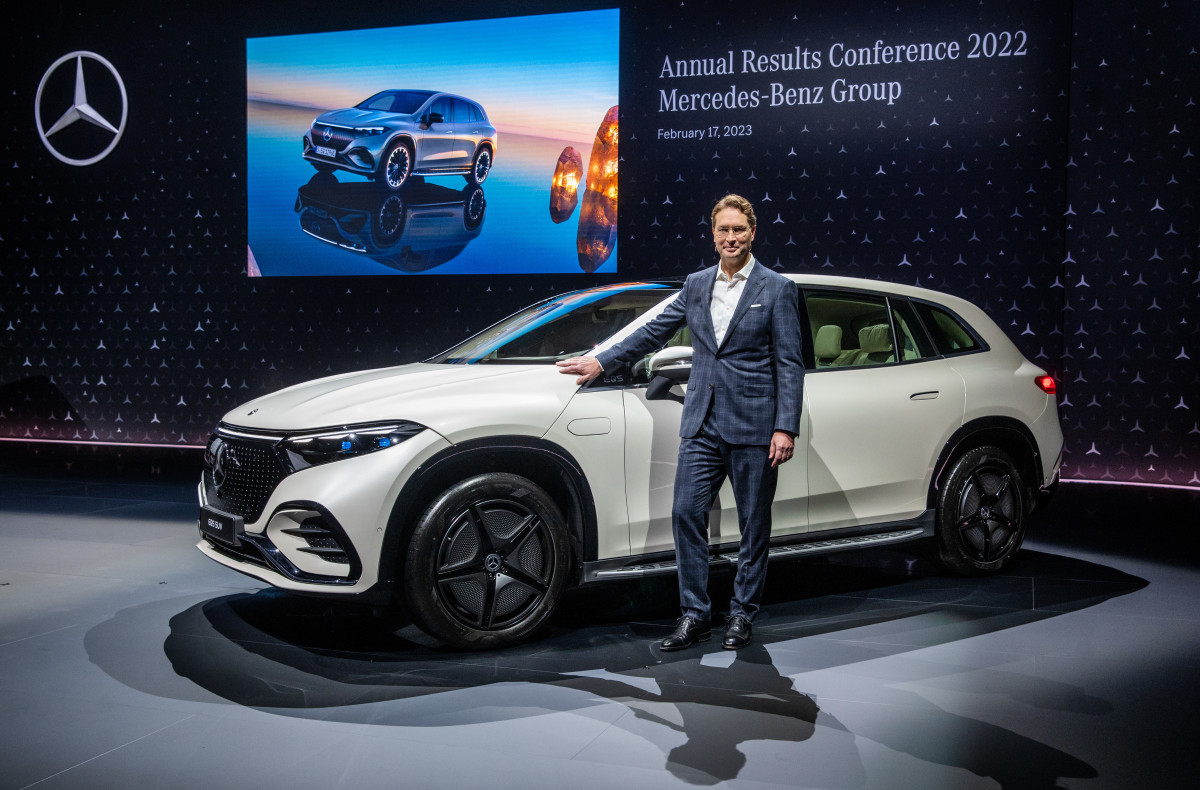
While some vehicles seem to fly off the lot, regardless of economic conditions, others take a little bit longer to catch on.
And with most recent data reflecting that new cars are indeed pricier than they were a year ago, it can make parting with your hard-earned money difficult.
Related: Rolls-Royce is about to make the biggest change in brand history
The September Consumer Price Index saw common goods like food, gasoline, and new cars go up compared with where prices were in 2022. Here's a breakdown of what some of the most recent data points look like:
- Food: increase 3.7% year-over-year
- Gasoline: increase 3% year-over-year
- Transportation services: increase 9.1% year-over-year
- New vehicles: increase 2.5%. year-over-year
Though it's worth noting that used cars and trucks actually shaved 8% off prices year-over-year.
While used car sales might be recovering, and other popular car models seem to fly off the lot regardless of what the markets are doing, some vehicles in particular have seen a slowdown.
New data from Black Book indicates there are 10 vehicles that sit around on the lot for a far longer time than many others. And some of these brands, which are known for the luxurious appeal or reliability, might surprise you.
They are:
- BMW iX: average 131 days on lot
- GMC Yukon: average 127 days on lot
- Buick Encore GX: average 120 days on lot
- Audi A4: average 115 days on lot
- BMW X7: average 110 days on lot
- Jaguar F-Type: average 105 days on lot
- Mini Countryman: average 105 days on lot
- BMW X2: average 105 days on lot
- GMC Terrain: average 102 days sitting on lot
- Alfa Romeo Giulia: average 99 days sitting on lot
There's a common thread to many of these cars here. They tend to be pricier (read: luxury), and they tend to be less practical. The BMW iX, for example, is loosely modeled on the mid-sized X5, though it features two electric motors and top line models go for well above $100,000.
Some of the other so-called luxury cars on this list, including the Audi and all three BMWs, retail for well above $40,000 and some can easily double that, depending on the trim level you select.
But it's not just Audi and BMW that are struggling. Their fellow countryman, Mercedes (DDAIF) -), is sensing just as much trouble with one car in particular.
Mercedes struggles with an EV
Dealers have been not-so-quietly sounding the alarm about the lack of excitement around Mercedes' EQ electric vehicles, which were released with much pomp and excitement in 2022.
Described as a "a mobile digital living room that is far more interesting to experience than to drive," by Car and Driver, the EV has fallen short of expectation from both a sales and critics' perspective.
"Unfortunately, Mercedes skimped on the basics of everyday driving dynamics. The EQS is neither pleasing nor engaging to pilot thanks to syrupy responses, unremarkable handling and odd brake-pedal feel," Car and Driver writes on the EQS, which starts at $106,000 for a 2024 model.
Dealers aren't too pleased by its performance, either.
EQs spent an average of 82 days on the dealer lot in September, with some dealers arguing the cars are failing to meet the moment, according to Automotive News.
“The EVs are coming whether or not you asked for them or earned them,” one Mercedes retailer said. “There is too much of a price premium – especially a the top end of the EQ lineup – and almost no [lease] support.”
He added that the EVs aren't aspirational the way a Tesla (TSLA) -) or even some gas-powered Mercedes, like its beloved S-Class sedan and AMG-GT coupe might be.
“Our cars need to be ‘want’ cars,” he added. “The S-Class has maintained good loyalty because it’s aspirational. An EQS is not something that most people aspire to own.”

Mercedes, for its part, has reportedly acknowledged that it's got too many EQS models and may limit production to meet demand for other, more affordable EV options.
President and CEO of Mercedes Dimitris Psillakis acknowledges that the company has strayed and will readjust in order to correct dwindling interest in its line of EVs.
“We are with a new lineup in a new world,” Psillakis said, adding, “There is no past, there is no experience."
It's not all gloomy for Mercedes, though. It sold 98,400 total plug-in cars in Q3 2023, up 19% compared to the year prior and a new company record. The brand hopes that its more affordable EQB might be the ticket to longer-term success
“We could not supply [the EQB] at the beginning of the year,” Psillakis said. “Now we can, but it takes some time," to reach dealers, he explained.







